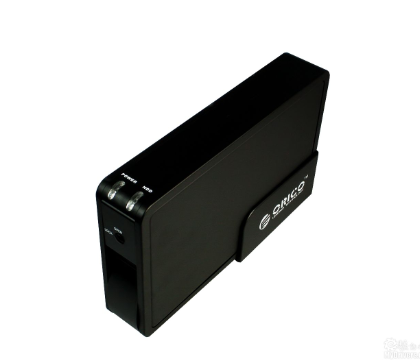Backing up the most important files to a cloud provider is great, but if your internet goes down, backups are also readily available. This is where external drives come in. They even provide a good way to expand the storage of low-end laptops and portable devices.
It can be said that the most important specification to consider when buying an external hard drive is storage space. It is not appropriate to buy high-speed equipment with encryption and remote access functions if it is not enough to actually store the information you need. In other words, you also don't want to pay for a drive through your nose that you will never get close to filling, so what is your goal? It depends on what you want to use it for.
The operating speed of the drive has two main factors: the storage technology and the connectors used. Although some drives are faster than others (and if you want cutting-edge speed, make sure to check the option's comments), in general, solid state drives (SSD) can process data faster than hard disk drives (HDD). External SSDs tend to be more expensive than their HDDs and usually have less storage capacity. You don't have to own one of them, because there are bigger SSDs there, but you have to pay extra.
Another reason to consider SSDs instead of HDDs is durability. Although modern external drives are usually equipped with a sturdy case to protect them from damage, if they are hit or dropped, the two technologies have very different physical makeup. SSD has no moving parts, making it more durable than traditional hard drives and reducing damage. Although no one plans to give up their external drives, SSDs can provide more protection to prevent such unfortunate incidents if you think it is possible.


